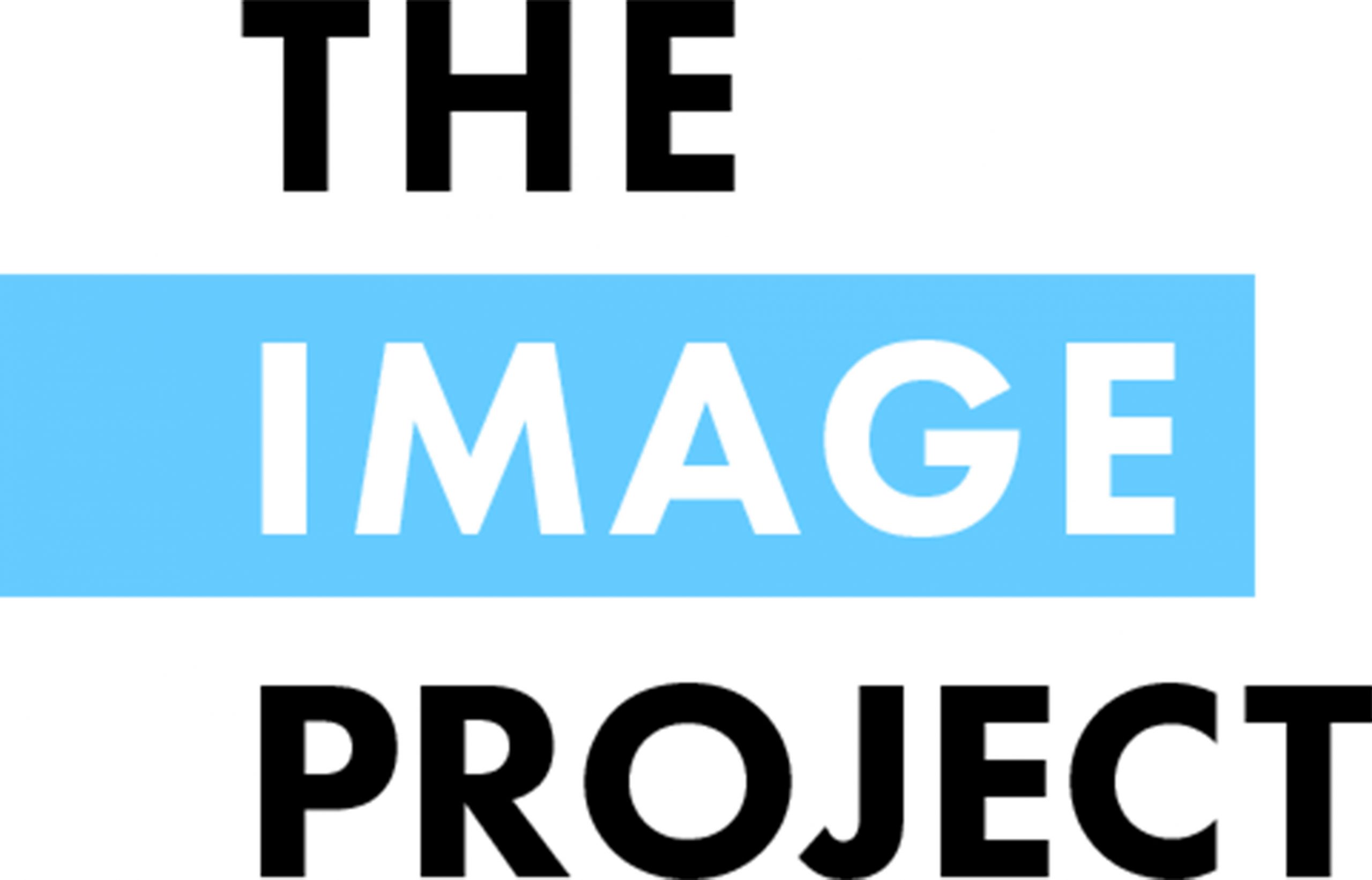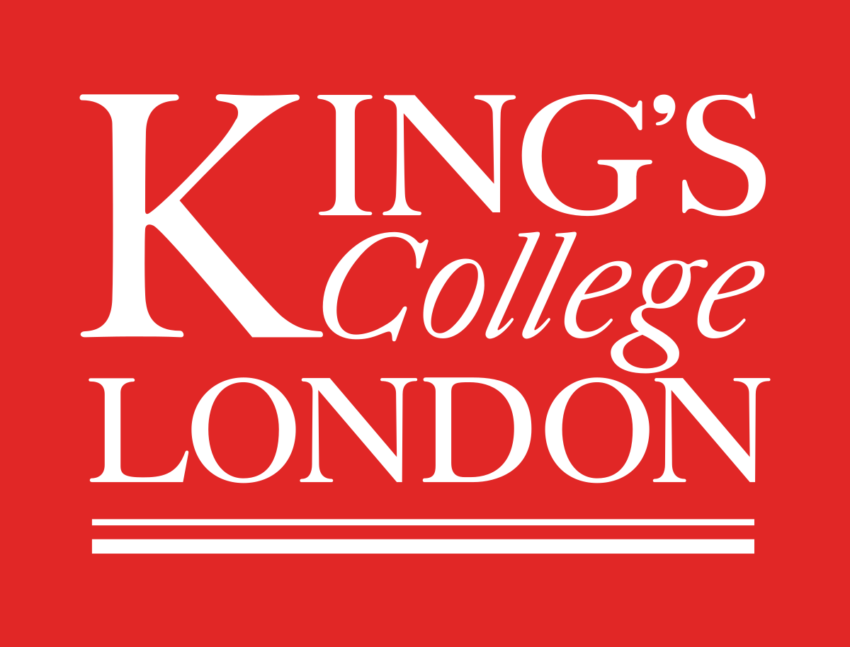Dr Marc Fabri took part in a panel discussion on neurodiversity in the higher education environment today (16 June 2021). The panel was chaired by Dr Abdoolkarim Vakil, King’s College London, as part of the Inclusive Classrooms Conversations Series, with a focus on the issues and challenges facing neurodivergent learners and lecturers. The online event was attended by about 50 people.
Other panel members included Dr Catherine Smale, King’s College London, Dr Elizabeth Ward, University of London, Dr Dyi Dieuwertje Huijg, Roehampton University, Prof Judit Kormos, Lancaster University and Dr Lucinda Matthews-Jones, Liverpool John Moores University. Panel members shared best practice as well as tips for transformative teaching and assessment practices.
Elizabeth started off the discussion by providing an overview of, and clarifying the terminology around, neurodiversity. One of the key topics was inclusive practice in HE. Lucinda made a passionate plea for more universal design approaches to setting assessments, especially essays. Universal Design for Learning (UDL) refers to engaging and supporting diverse groups of students, regardless of their background, status or disability. A common misconception is that Universal Design promotes a ‘one-size-fits-all’ approach – but that is not the case. What it really means is the availability of options: providing students with multiple and varied opportunities to participate in learning, and to demonstrate their understanding.
UDL favours educational strategies that are proactively designed to support multiple paths through learning, rather than focusing on retroactively altering existing material to fit the needs of a specific group. An example of proactive design is giving ALL students options for how they can present assignment work, in line with their communication abilities and preferences. An example of retroactive design is the practice of making reasonable adjustments to existing learning materials and examination arrangements.
Dyi’s contribution on “Resisting a Neuronormative World” challenged ableism and recognised that HE is inherently difficult to enter due to the existing assessment structures, not only within HE but in secondary education which is of course the gateway to HE. And this is not limited to students but also to professionals aiming to become academics and succeed in academia. Several panel members spoke out about their difficulties of disclosing an invisible disability or speaking out about the barriers they encountered.
Marc shared findings and outputs from the Autism&Uni project and preliminary findings from the IMAGE project. He concluded his talk with a list of recommendations for academics who want to change their own practice or start a transition in their institution:
- Think: what can you change without having to ask someone else?
- Adapt: Make regular small changes to your own practice (one a week/month)
- Invert: Ask the people you previously supported what else they needed at the time
- Translate: What can you learn from other departments/institutions/industries?
- Break down silos: Talk to people in other departments and raise awareness
- Share: Train others in the things you know work well, share your knowledge
- Involve: Bring in autistic people as true partners in planning and decision making
- Be persistent
Panel member details
Dyi is an ADHD academic doing a Leverhulme Early Career Fellowship with an intersectional project on ADHD women’s experiences of and resistance to neuronormativity. She also thinks about RelaxPed – i.e. how to relax and neurodiversify pedagogy and facilitation – and ‘intersectional agency’ and privilege. Additionally, she runs international online reading groups on neurodiversity and disability.
Judit Kormos is a Professor in Second Language Acquisition at Lancaster University and is a lead educator in the Dyslexia and Foreign Language Teaching massive open online learning course offered by FutureLearn. She has published widely on the effect of dyslexia on learning additional languages including a book entitled The second language learning processes of students with specific learning difficulties.
Lucinda Matthews-Jones is Senior Lecturer in History at Liverpool John Moores University where she teaches nineteenth-century British history. As an academic with invisible disabilities, she is committed to creating an inclusive and accessible higher education environment; she Chairs her School’s Athena Swan Committee and was awarded the Vice-Chancellor’s Individual Teaching Award in 2018 for her creative assessment model.
Catherine Smale is Senior Lecturer in German at King’s College London. She has published widely on 20th-century German women’s writing and teaches on a range of modules at undergraduate and postgraduate level. Her interest in inclusive teaching stems from personal experience as a neurodivergent academic. Elizabeth Ward is a film historian specializing in German cinema. Her research specialisms include East German film, Cold War German cinema and contemporary historical film. She has a particular interest in inclusive teaching in relation to curriculum and assessment design in Higher Education.
Marc Fabri is Reader in Participatory Design at Leeds Beckett University. Through his research and teaching practice, Marc supports autistic students on their journey from school into university and then into employment. He has led two EU-funded multi-national projects (www.autism-uni.org and www.imageautism.com), creating toolkits for students and guides for professionals, including the Guide to Best Practice for HE Lecturers and Tutors in supporting students on the autism spectrum.

